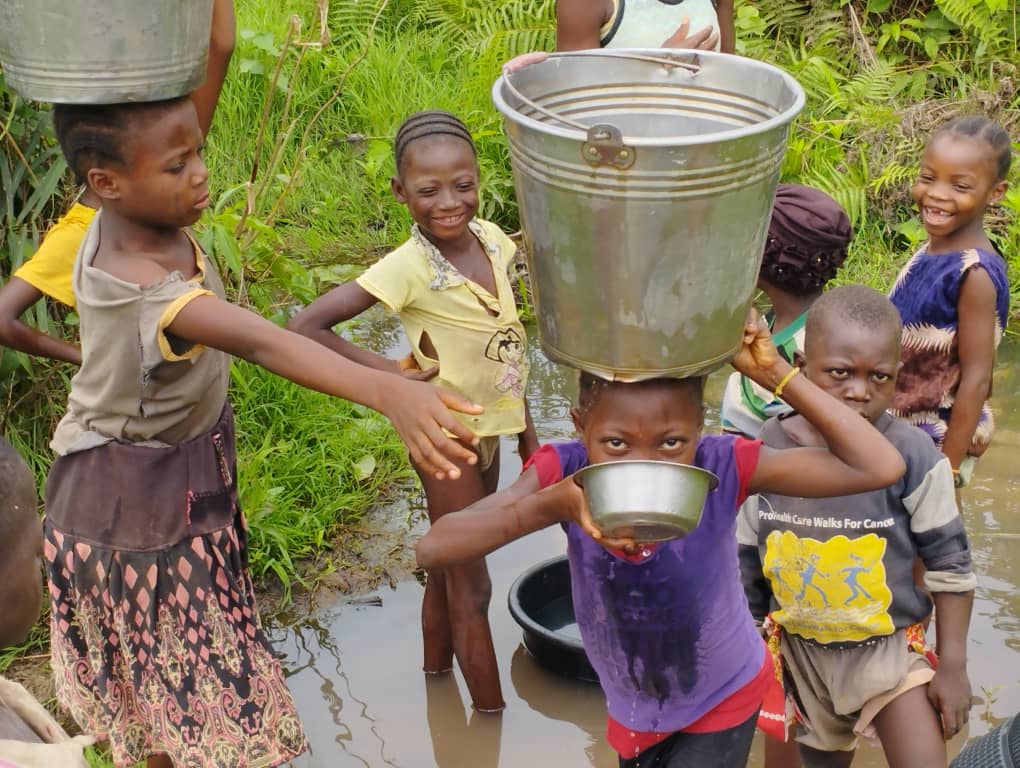Despite the N50 million naira budgeted in 2021 for constructing motorised boreholes in Kwali and Kuje, children within these Area Councils in the Federal Capital Territory (FCT) still die from water-borne diseases due to a lack of access to potable water.
WHEN Amina Sunday relocated to Ike Bassa in the Kwali Area Council of the FCT after her marriage, she did not expect to be confronted with the abject lack of potable water that she met.
In a desperate search for water, residents of her new community dug shallow holes in the ground from which rivulets of water trickled out and gathered over time to form small, dirty pools on the surface.
The water, usually muddy, gets scooped into buckets from the floor by children or women using a small bowl and carried home for all domestic use, including drinking.
Access to potable water is a mirage in many rural communities within the FCT. This questions the possibility of achieving Sustainable Development Goal (SDG) 6, which aims at ensuring the availability of water and sanitation for all by 2030.
At least 60 million Nigerians drink contaminated water, which has generally been linked to several deadly diseases, including cholera. Many children in Ike Bassa suffer from typhoid and other water-related diseases.
In 2020, Sunday’s daughter, Hope, came down with a fever accompanied by frequent stooling and vomiting. She immediately suspected that the ailment was water-related and sought medical attention in a health centre miles away from the village.
“Children fall ill frequently in this community. When my daughter became sick, the doctor said it was because of the water we drink,” she said.
Hope recovered from her ailment. But she has continued to drink from contaminated water sources, as the shortage of water in the community leaves her with no other choice.
“It took over a month for my child to get better. I can’t remember exactly, but I spent over N10,000 on the treatment. We still drink the same water. What other choices do we have?” Sunday asked.
According to the United Nations Children’s Fund (UNICEF), children are more likely to die from water-borne diseases. Drinking contaminated water leads to the death of more than 70 000 children globally every year.
The UNICEF also noted that seventy-three per cent of diarrhoeal diseases are associated with poor access to potable water, which is predominant in impoverished communities.
While Sunday’s daughter survived the illness, many children in Ike Bassa have lost their lives to similar ailments.
Mercy Jibril had three children but lost two of them a few years back. She told The ICIR that both children, aged 1 and 5, had died after stooling and vomiting for days.
Daily News Reporters



